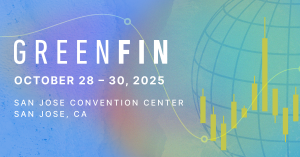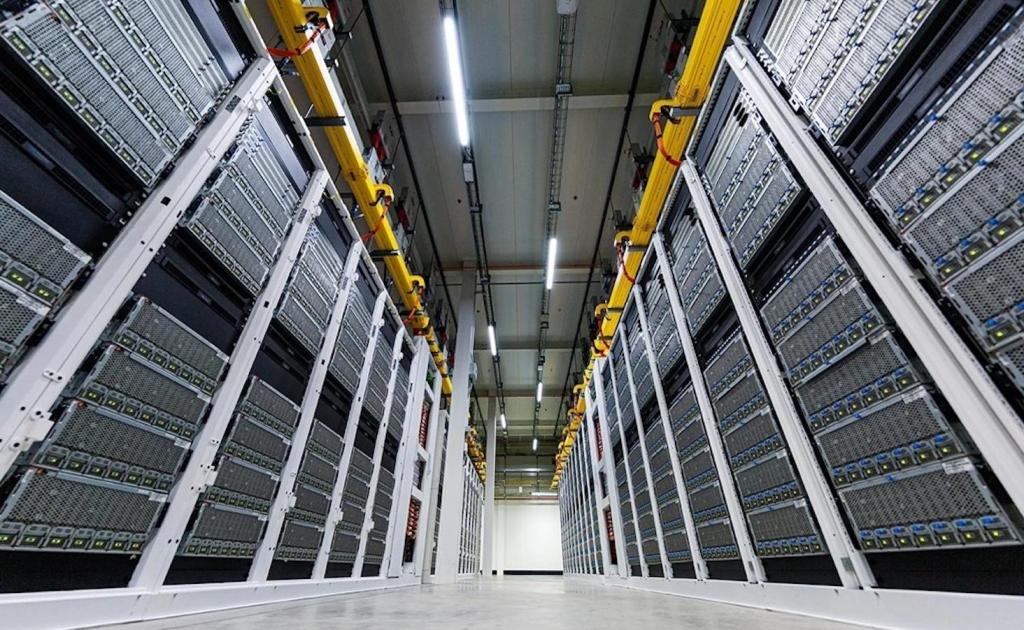The week in climate policy: 5 updates you need to know
Pennsylvania's governor proposes a cap-and-trade program; the Biden administration announces $6 billion in clean energy funding. Read More
Here’s the week in climate policy news:

media_caption
Sophia Davirro/GreenBiz
- Pennsylvania Gov. Josh Shapiro proposed a new carbon cap-and-trade program to boost the state’s renewable energy standards. The new program, called PACER, would charge utilities for emissions exceeding a set total. It came in response to previous Pennsylvania Gov. Tom Wolf’s attempt to force the state to set carbon caps, a move that was ruled illegal by Pennsylvania’s Commonwealth Court.
- The Biden administration announced a historic $6 billion in clean energy funding to 33 projects in hard-to-abate sectors. Estimated to cut around 14 million metric tons of CO2 each year if completed, the funds were awarded to companies in steel, cement, iron and chemical production, among others. One of the funds’ goals is to create a blueprint to decarbonize each sector, allowing venture capital investors to replicate the government-backed projects in the future.
- A study recently published in Communication: Earth and Environment found a correlation between climate change and inflation, and dubbed the phenomenon “climateflation.” As temperatures increase and weather events become more violent, supply chains are disrupted, ultimately resulting in inflated prices, the study says.
- The Biden administration finalized methane regulation rules, requiring oil and gas drillers to certify the capture of all leaked oil and gas, or produce a plan that demonstrates how they will reduce wasted gas. Additionally, drillers are required to have means to detect and capture methane leaks in real time.
- Germany offered $24.9 billion to help companies in the steel, cement and glass sectors cover the additional costs of decarbonization. The German government is accepting applications that demonstrate the greatest CO2 reductions for the lowest price. In the first round up to $4.3 billion is available.

Subscribe to Trellis Briefing
Get real case studies, expert action steps and the latest sustainability trends in a concise morning email.
Featured Reports
Coming up
October 29 - 31

Deploying Climate Tech at Scale
February 10 - 12

The Premier Annual Event for Sustainable Business Leaders
Recommended






